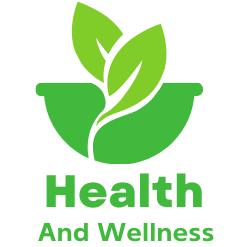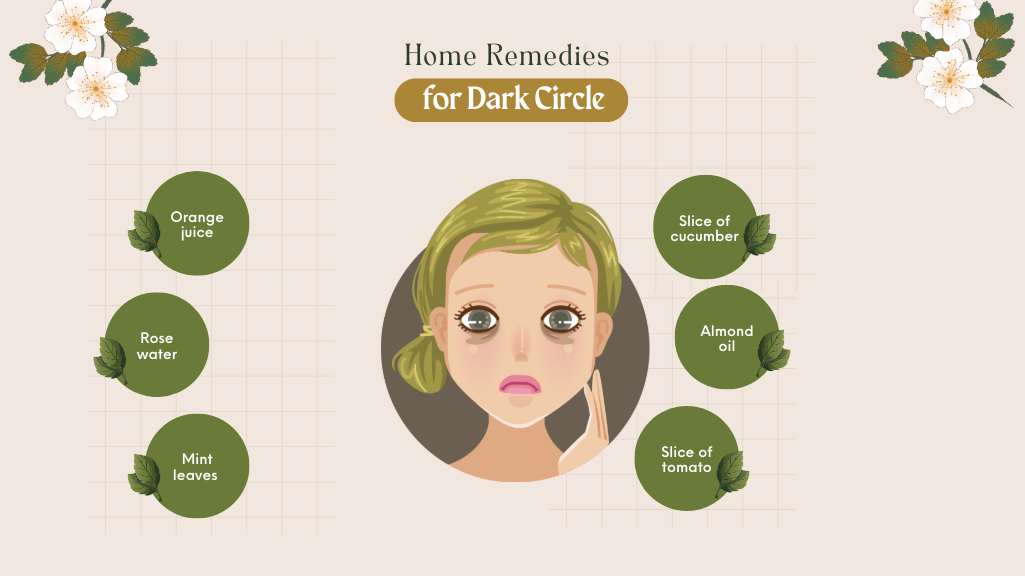Introduction
Pakistan is one of the countries with a high value of acne due to its steamy climate, dietary lifestyle and environmental causes. There has been a boost in the popularity of home remedies for acne in Pakistan as extra people opt for natural and organic skincare remedies. These remedies for acne are also affordable as well as available in most homes thereby making it easy for those who want to treat their acne naturally with household items. This article explores different reasons behind development of acne, its individual implications and outlines some home remedies which help achieve clear healthy skin.
Table of Contents
Understanding Acne: Causes and Triggers
The emergence of pimples, blackheads or whiteheads occurs when hair follicles become blocked by oil together with dead skin cells. Hormonal changes, family history of the disorder, dieting styles as well as lifestyle are just but a few causes of this problem. In hot and damp weather conditions such as those experienced in Pakistan; oily foodstuffs constitute a major contributing factor to outbreaks of this disease. Again, pollution from cities like Karachi along with stress levels affect the number or intensity of acne breakouts.
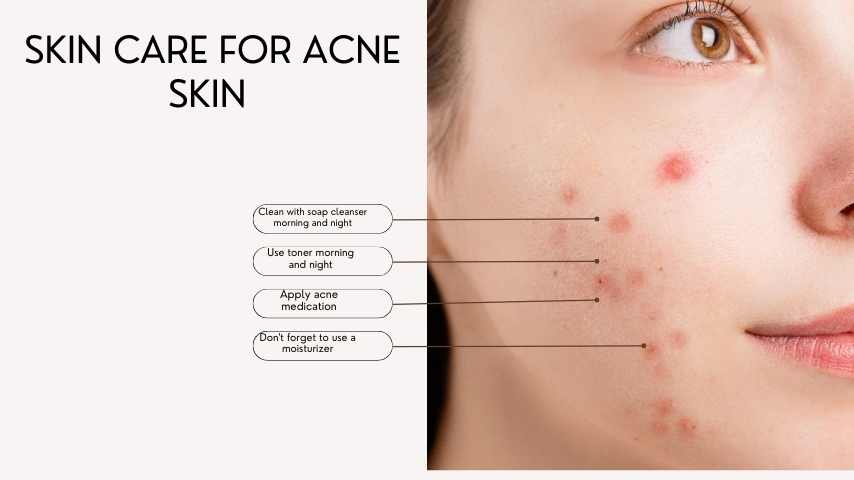
Hormonal Imbalances
In case hormonal fluctuations occur within the bodies especially during pubescence among teens plus pregnancy periods women develop acnes more often than teenage boys do over here. Polycystic Ovary Syndrome (PCOS) is an additional cause leading to an increase in hormonal imbalances hence worsen acne formation.
Dietary Factors
The traditional Pakistani cuisine dominated by spicy foods including fried snacks besides sugary puddings can promote periodic occurrences of acne lesions on individuals’ skins. Acne symptoms get worse when one consumes food substances having high-glycemic content or consuming dairy products which leads to an increase in sebum production accompanied by inflammation.
Environmental Factors
High levels of pollution especially around urban settings like Lahore located within this part of Pakistan, cause acne by blocking the skin’s pores as a result of this. Additionally, frequent application of heavy make-ups to hide pimples only results in worsening the situation which makes it cyclic.
The Impact of Acne on Individuals
Acne is a problem that goes beyond mere skin imperfections, it has psychological implications too. Within Pakistan where social life and how one looks like are taken seriously, acne can bring about shame, distress and depression. In many cases teenagers or young adults will isolate themselves leading to low self-esteem hence their inability to associate with others because they have acne and this turns them into reclusive individuals.
Mental Health Implications
One’s self-confidence might be affected through visible breakouts hence presenting emotional disorders caused by anxiety or depression. For example, people suffering from acne in Pakistan usually go unnoticed because of stigmatization relating to mental health problems but there is need for intervention.
Social and Professional Impact
As some cultural societies put much emphasis on attractive appearances, pimples may affect relationships even at work place. In countries like Pakistan, this scenario is common among adolescents whereby being bullied by colleagues due to having pimples triggers more psychiatric problems.
The Need for Effective Acne Treatment in Pakistan
Considering its high prevalence rates across society and severe consequences experienced by those who have it, there should exist effective remedies for managing acnes. Although most individuals use over-the-counter products along with prescription drugs, these procedures are quite costly also they come with various side-effects. Given that dermatological care may be scarce in such states like Pakistan; natural treatments provide a reasonable option especially for patients who may not afford clinical services.
The Trending of Natural Remedies
Pakistan has newly joined the global movement towards natural and organic skincare products, with standard household remedies growing in popularity. These homemade domestic medications have been passed down through the creations and typically incorporate components that are available in most households. Also, the reason why people switch to natural treatments is that they are concerned about chemicals contained in commercial skin care products and their side effects.
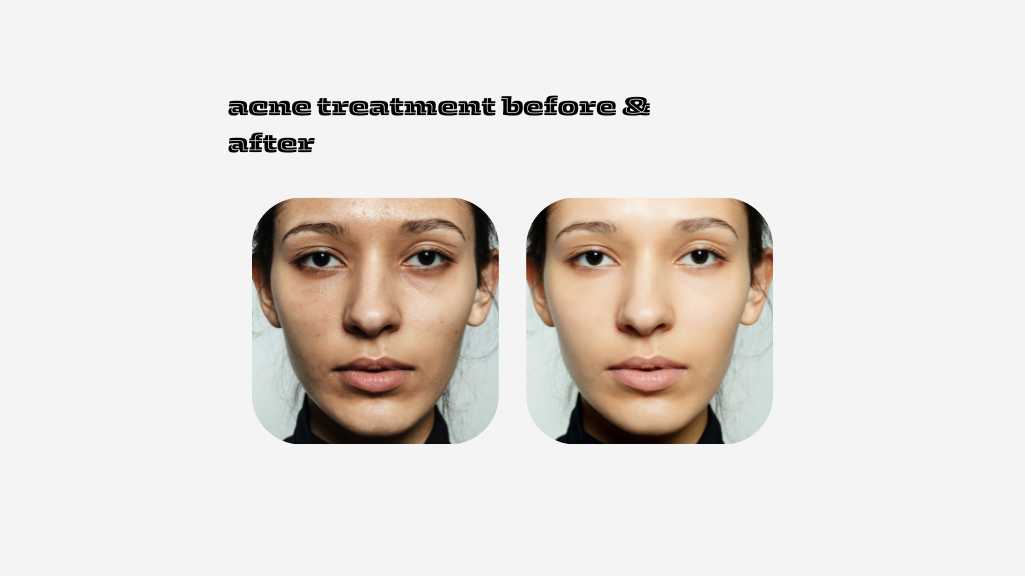
Economic Factors
However, a large percentage of Pakistan’s population lives in rural areas or lacks financial resources thus making expensive acne treatment options unaffordable for them. Home remedies for acne present a cheap and easily accessible way to manage acne thereby attracting those who might not be able to visit a dermatologist.
Home Remedies for Acne
1. Turmeric Paste
Turmeric which is known for its anti-inflammatory and antibacterial properties forms part of basic Pakistani spices. A turmeric powder mixed with water acts as a paste applied directly on pimpled areas reducing redness and preventing infections. Continuous use of this paste helps clear acne from one’s face giving it an attractive look.
How to Use:
- Mix some teaspoons of turmeric powder with some water until you form a paste.
- Put the mixture onto your affected areas.
- If you leave it on for a maximum period of 15-20 minutes, rinse it off using lukewarm water.
- Use this intervention between 2-3 times in one week for better results.
2. Honey and Cinnamon Mask
Both honey and cinnamon function as natural antibacterial sources. Hence, mixing them together makes an efficient mask that can reduce bacteria that cause pimples when placed on face. The other benefit from honey is that it acts like moisture retainer hence maintains high levels of skin hydration thereby preventing excessive sebum production.
How to Use:
- Mix 2 tablespoons of honey with 1 teaspoonful of cinnamon powder.
- Smear the solution all over your face and leave on for 10-15 minutes.
- Rinse it off using warm water.
- Use this remedy once a week for better results.
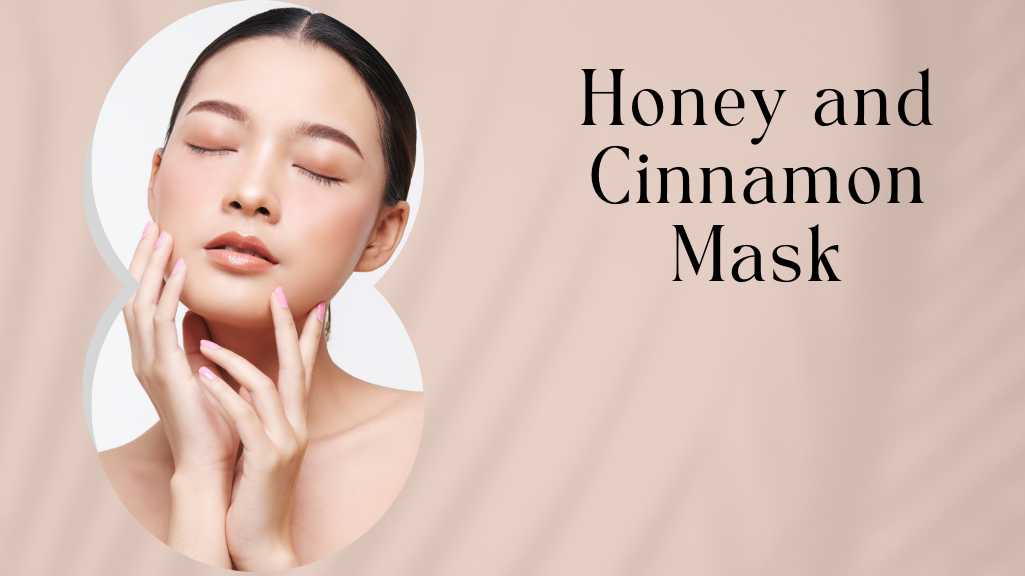
3. Neem Leaf Extract
In Pakistani, neem trees have been used in standard medicine since time olden because of their medicinal characteristics It requires boiling the quilt of neem tree to obtain an extract to be applied onto the skin by one’s self. Neem has got strong anti-inflammatory drug, antibacterial and antifungal properties which make it very effective in acne remedy.
How to Use:
- Add some handfuls of neem leaves into water and boil until half of the water evaporates.
- Let the extract cool down before applying on affected parts with a cotton ball.
- Quit it on for about 20-30 minutes ahead rinsing it off with water.
- Apply this remedy every day or after one day.
4. Aloe Vera Gel
Aloe vera is a soothing plant that is grown in many Pakistani households. Pus comes out when you apply fresh gel from the plant directly to your face which reduces inflammation, redness, and scarring caused by pimples. Besides aiding in quick healing, this product also controls future breakouts.
How to Use:
- Cut fresh aloe vera leaf and get its gel out.
- Rub your face with the gel directly on acne areas specifically those experiencing inflammations, redness and having scars due to pimples.
- Leave the application overnight then rinse it off during morning showering sessions.
- Follow this remedial measure everyday if you want an unblemished skin complexion.
5. Lemon Juice
The high focus of vitamin C in lemon juice, coupled with its natural astringent qualities, makes it ideal for drying up pimples and reducing acne scars. A word of caution though, people with sensitive skin should be careful while using it because this could lead to irritations on the skin.
How to Use:
- Squeeze fresh lemon juice and dilute it with an equal quantity of water.
- Using a cotton ball, implement this blend on your face.
- Rinse off using cool water after keeping it for 10 minutes.
- Use this remedy 2-3 times per week but avoid going under the sun afterwards.
6. Green Tea
The antioxidants in green tea can lower inflammation and battle acne-causing germs. To control acne and improve the feature of your skin, apply calmed green tea to your skin or use it as a face wash.
How to Use:
- Prepare and let one cup of green tea cool.
- Alternatively, you may choose to use this green tea while still cold by applying some on your face with the aid of a cotton ball or using it as face rinse.
- After fifteen minutes wash away using water.
- Best results are seen if this is done daily.
7. Mask from Yogurt and Oatmeal
Oatmeal is used to calm irritated skin, while yogurt clears dead cells due to lactic acid. This combination helps clear up acne and keep it under control in future.
How to Use:
- Blend 1 tablespoon of oatmeal with two tablespoons of yogurt.
- Smear the paste on your face and leave it for 15-20 minutes.
- Rinse off with warm water.
- Use this mask no more than once a week because your skin will appear better without any breakouts if you follow it twice a week as said earlier.
8. Sandalwood and Rose Water Diligence
Rose water helps tone the skin down while sandalwood has anti-inflammatory properties. Acne may be reduced by this mixture and also inflammation soothed.
How to Use:
- Make a paste using 1 tablespoonful of rose water mixed with sandalwood powder that is enough.
- Spread the application on your face leaving it there for about fifteen or twenty minutes before you can.
- Rinse it off using cold water or clean it away through cool water.
- For best results, use this remedy at least three times every week.
Case Studies or Real-life Examples
Success Stories: True Stories on Home Remedies for acne
1. Amna’s Turmeric Encounter
Amna was a student aged 23 who suffered from acne in Lahore for years until she was given a turmeric paste which her grandmother recommended after she had tried many over-the-counter creams with little effect. Within weeks, her acne reduced significantly alongside improvement in her skin texture. Today, Amna still uses turmeric as part of her skincare regimen and encourages natural remedies among her friends during casual conversation whenever possible.
2. Neem Helped Ali Battle Acne
From Karachi, Ali was plagued with terrible acne throughout his teenage life hence he started resorting to neem leaf extract when everything else failed him since he could not get any better results from conventional means. Ali’s skin eventually started clearing up while the breakout frequency was decreasing towards the end of that period. At present, he helps others with his own experiences by advising them to think about alternative ways to treat acne.
3. Aloe Vera Worked for Zara
Zara, a 28-year-old working professional in Islamabad, was introduced to aloe vera by a colleague. She started applying fresh aloe vera gel on her face every night due to acne scars and occasional pimples. After several weeks of constant use, the number of scars decreased and she had fewer breakouts as well. Aloe vera is now an essential part of her beauty regimen because it has helped Zara get rid of acne completely.
Conclusion
Acne is one of the most common yet disturbing problems for many people in Pakistan today. In spite of all these treatment methods available, home remedies for acne are natural ways which are also accessible and cost-effective ones as some may say or suggest when put into consideration will help relieve this condition i.e., turmeric paste, honey and cinnamon masks, neem leaf extract, fresh lemon juice, green tea, yogurt & oatmeal mask, rose water & sandalwood paste among others that have worked for many people before. These natural remedies deal not only with acne but overall skin healing.
As this trend towards organic and natural skincare products continues to gain ground in Pakistan, more individuals are taking advantage of these traditional solutions. The experiences shared by Amna, Ali and Zara demonstrate how efficient home remedies for acne can be for treating acne problems as detailed earlier on above whilst revealing their effectiveness. Whether because of economic challenges or preference for environmentally friendly alternatives or an aversion towards chemicals often used in most commercial beauty products, home treatments represent a feasible option for getting back spotless skins.
To enjoy better skin conditions and remedies for acne, one should make it a part of his/her daily skincare routine. The key to treating anything is doing it consistently and waiting patiently. For the Pakistani residents facing the menace of acne, trying out these natural remedies could be the initial gateways to clearer skin and better health.
FAQ’S: Remedies for Acne
1. What are the best home remedies for acne in Pakistan?
The topmost effective home remedies for acne in Pakistan entail using turmeric paste, neem leaf extract, honey and cinnamon masks, aloe vera gel, as well as lemon juice. These components can be easily found and have been used traditionally because of their anti-inflammatory and antibacterial attributes thus making them excellent choices for acne management through natural means.
2. Can lemon juice cause skin irritation?
Certainly, it is possible that lemon juice may induce irritations particularly to individuals with sensitive skins. It is highly acidic and may often result into reddening, dryness or some kind of stinging sensation sometimes. Therefore, in order to minimize these effects, dilute the lemon juice with water before applying it on the skin should be done and also ensure that one avoids too much sun light exposure after use to prevent any further irritation.
3. How frequent should I use turmeric paste for treating acne?
Turmeric paste can be used twice or thrice every week for treating acne cases. With continuous application there will inevitably be lesser inflammation, redness as well as reduced risks of bacterial attack hence guaranteeing a clearer skin over time. However, it should be noted that results differ from person to person and therefore regularity in its application guarantees improvements.
4. Does aloe vera help with acne scars at all?
Yes, indeed aloe vera does help with acne scars tremendously. Gel excreted from the plant has purifying characteristics that make an individual look more youthful by reducing scarring on the face and encouraging new cell growth. Applying aloe vera gel daily on these areas can aid to lighten marks over time including future break outs.
5. Can someone use different types of remedies for acne at home simultaneously?
True, several home remedies for acne can be applied to acne but it is necessary to slowly introduce them and evaluate how your skin reacts. For example, alternating different treatments such as a turmeric paste one day and applying aloe vera gel the next will led to better effects. However, don’t overwhelm your skin with plenty of remedies simultaneously so as not to cause any irritation or unfavorable reactions.
